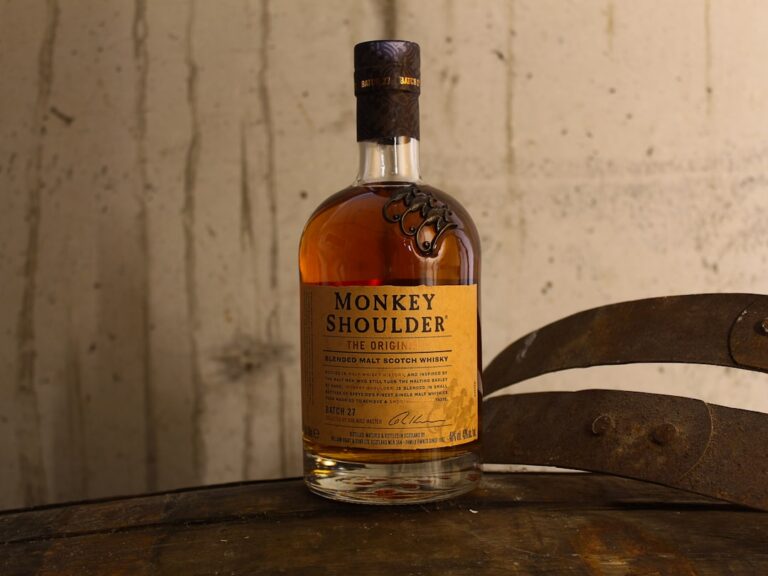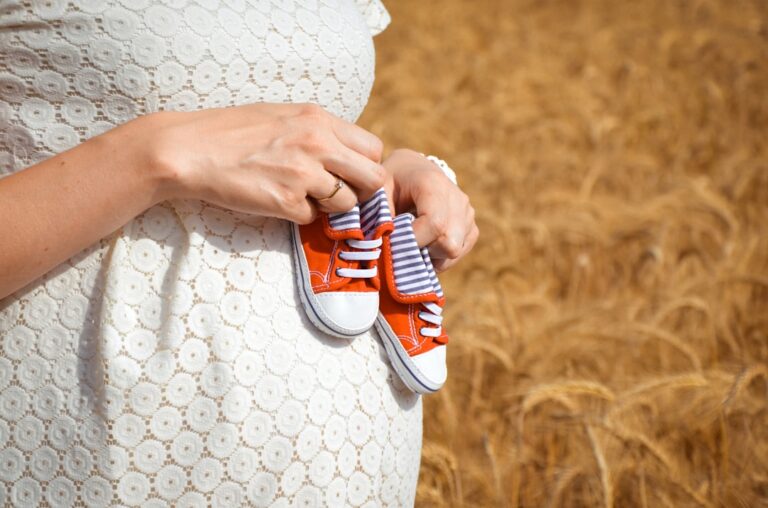Babydoll sheep, also known as Olde English Babydoll Southdown sheep, are a small and adorable breed of sheep that have been gaining popularity among farmers and homesteaders in recent years. Originating from the Southdown sheep of England, Babydoll sheep are known for their gentle nature, compact size, and high-quality wool. These charming creatures are not only a delight to have on the farm but also offer a range of benefits to their owners. Whether you are a seasoned farmer or new to raising livestock, Babydoll sheep can be a valuable addition to your farm.
Key Takeaways
- Babydoll sheep are a small, heritage breed known for their gentle nature and unique appearance.
- They have a compact, teddy bear-like appearance with a short, round body and a woolly fleece.
- Adding babydoll sheep to your farm can provide benefits such as natural weed control, wool production, and a calm presence for therapy or petting zoos.
- Caring for babydoll sheep involves providing adequate shelter, nutrition, and regular health check-ups to ensure their well-being.
- Breeding and reproduction of babydoll sheep require careful monitoring and management to ensure the health and safety of the ewes and lambs.
Characteristics and Appearance of Babydoll Sheep
Babydoll sheep are known for their distinctive appearance, with a short, stocky build and a teddy bear-like face. They have a compact body, short legs, and a round, fluffy appearance that makes them irresistibly cute. Their wool is dense and fine, making it ideal for spinning into yarn or crafting into other wool products. Babydoll sheep come in a variety of colors, including white, black, brown, and gray, adding to their visual appeal. Their gentle and friendly disposition makes them easy to handle and a joy to be around. Babydoll sheep are also known for their excellent foraging abilities, making them well-suited for grazing on pastureland.
Babydoll sheep are a small breed, with rams typically weighing between 125-200 pounds and ewes weighing between 75-150 pounds. Their small size makes them easy to handle and manage, especially for those with limited space or resources. Despite their diminutive stature, Babydoll sheep are hardy and resilient animals, capable of thriving in various climates and environments. Their adaptability and low maintenance requirements make them an attractive option for farmers looking to add sheep to their operations.
Benefits of Adding Babydoll Sheep to Your Farm
There are numerous benefits to adding Babydoll sheep to your farm. One of the most significant advantages is their wool, which is highly prized for its softness and quality. Babydoll wool is in high demand among fiber artists and crafters, making it a valuable commodity for farmers looking to diversify their income streams. In addition to their wool, Babydoll sheep are also excellent grazers and can help maintain pastureland by keeping grasses and weeds in check. Their small size and gentle nature make them well-suited for hobby farms and homesteads, where they can provide a source of sustainable meat and wool production.
Another benefit of adding Babydoll sheep to your farm is their friendly and docile temperament. These gentle creatures are easy to handle and work with, making them an ideal choice for farmers of all experience levels. Their calm demeanor also makes them well-suited for educational programs and petting zoos, where they can interact with children and adults alike. Additionally, Babydoll sheep are known for their strong maternal instincts, making them excellent mothers and caregivers to their lambs. This can be particularly valuable for farmers looking to raise lambs for meat or wool production.
Caring for Babydoll Sheep
| Aspect | Metrics |
|---|---|
| Feeding | 1-2 pounds of hay per day |
| Water | 1-2 gallons of clean water per day |
| Shelter | 3-sided shelter with good ventilation |
| Grooming | Regular brushing and hoof trimming |
| Healthcare | Regular deworming and vaccinations |
Caring for Babydoll sheep is relatively straightforward, making them an excellent choice for farmers looking to add sheep to their operations. Providing adequate shelter, clean water, and nutritious feed is essential for keeping Babydoll sheep healthy and happy. Their small size means they require less space than larger breeds, making them well-suited for small farms and homesteads. Regular grooming and shearing are also important for maintaining the health and quality of their wool. Additionally, routine health checks and vaccinations can help prevent common illnesses and ensure the well-being of the flock.
Proper pasture management is crucial for ensuring that Babydoll sheep have access to fresh forage and grazing opportunities. Rotational grazing can help prevent overgrazing and promote healthy pasture growth, providing a sustainable food source for the flock. Fencing is also essential for keeping Babydoll sheep safe and secure, especially if they are kept in areas with potential predators or hazards. Overall, caring for Babydoll sheep requires attention to detail and a commitment to meeting their basic needs, but the rewards of having these charming animals on the farm make it well worth the effort.
Breeding and Reproduction of Babydoll Sheep
Breeding and reproduction are important aspects of raising Babydoll sheep, especially for farmers looking to expand their flocks or produce lambs for meat or wool. Babydoll sheep reach sexual maturity at a relatively young age, with ewes typically ready to breed at around 6-8 months old. Careful selection of breeding stock is essential for maintaining the quality and characteristics of the breed, including size, wool quality, and temperament. Working with a reputable breeder or livestock association can help ensure that you are making informed decisions about breeding your Babydoll sheep.
The gestation period for Babydoll sheep is approximately 145-150 days, with ewes typically giving birth to one or two lambs per pregnancy. Providing proper nutrition and care during pregnancy is essential for ensuring the health of both the ewe and her lambs. Monitoring the birthing process and providing assistance if needed can help ensure successful deliveries and healthy newborn lambs. Early socialization and handling of the lambs can help them develop strong bonds with humans and become accustomed to being handled, making them easier to work with as they grow.
Potential Challenges of Raising Babydoll Sheep

While there are many benefits to raising Babydoll sheep, there are also potential challenges that farmers should be aware of. One challenge is predator control, as Babydoll sheep are vulnerable to attacks from predators such as coyotes, foxes, and dogs. Implementing effective fencing and predator deterrents can help protect the flock from harm. Another challenge is managing their wool, as regular shearing is necessary to maintain the health and quality of their fleece. Finding a reliable shearer and learning proper shearing techniques is essential for keeping their wool in top condition.
Health management is another potential challenge when raising Babydoll sheep, as they are susceptible to common sheep ailments such as parasites, foot rot, and respiratory infections. Developing a proactive health care plan in consultation with a veterinarian can help prevent these issues and ensure the overall well-being of the flock. Additionally, managing breeding and reproduction can be challenging for farmers new to raising sheep, as it requires careful planning and attention to detail. However, with proper education and support from experienced breeders or agricultural professionals, these challenges can be effectively managed.
Why Babydoll Sheep are a Great Addition to Your Farm
In conclusion, Babydoll sheep are a delightful and valuable addition to any farm or homestead. Their charming appearance, gentle nature, and range of practical benefits make them an ideal choice for farmers looking to diversify their livestock operations. From their high-quality wool to their excellent grazing abilities, Babydoll sheep offer numerous advantages that make them well-suited for a variety of farming environments. While there are potential challenges associated with raising Babydoll sheep, the rewards of having these endearing animals on the farm far outweigh the difficulties. Whether you are a seasoned farmer or new to raising livestock, consider adding Babydoll sheep to your farm and experience the joy of working with these lovable creatures.
Discover the charm and versatility of babydoll sheep in our latest article, “The Endearing Qualities of Babydoll Sheep.” These pint-sized sheep are not only adorable but also make excellent additions to any farm or homestead. Learn more about their unique characteristics and how to care for them in our comprehensive guide. For more information on raising and caring for babydoll sheep, check out the related article on Pony Express Run.
FAQs
What are babydoll sheep?
Babydoll sheep are a small breed of sheep known for their compact size, gentle nature, and adorable appearance. They are often kept as pets or for their wool.
What is the origin of babydoll sheep?
Babydoll sheep originated in England and are a descendant of the Southdown sheep breed. They were brought to the United States in the 1800s and have since become popular for their unique characteristics.
What are the characteristics of babydoll sheep?
Babydoll sheep are small in size, with a compact body and short legs. They have a distinctive teddy bear-like face and a woolly coat. They are known for their friendly and docile temperament.
What is the purpose of babydoll sheep?
Babydoll sheep are primarily kept for their wool, which is prized for its softness and quality. They are also popular as pets due to their small size and gentle nature.
How are babydoll sheep cared for?
Babydoll sheep require regular grooming to maintain their wool and should be provided with a balanced diet of grass, hay, and supplemental feed. They also need access to fresh water and shelter from the elements.
Are babydoll sheep good for beginners?
Yes, babydoll sheep are often recommended for beginners due to their manageable size and gentle disposition. They are relatively easy to care for and can be a great introduction to raising sheep.







+ There are no comments
Add yours